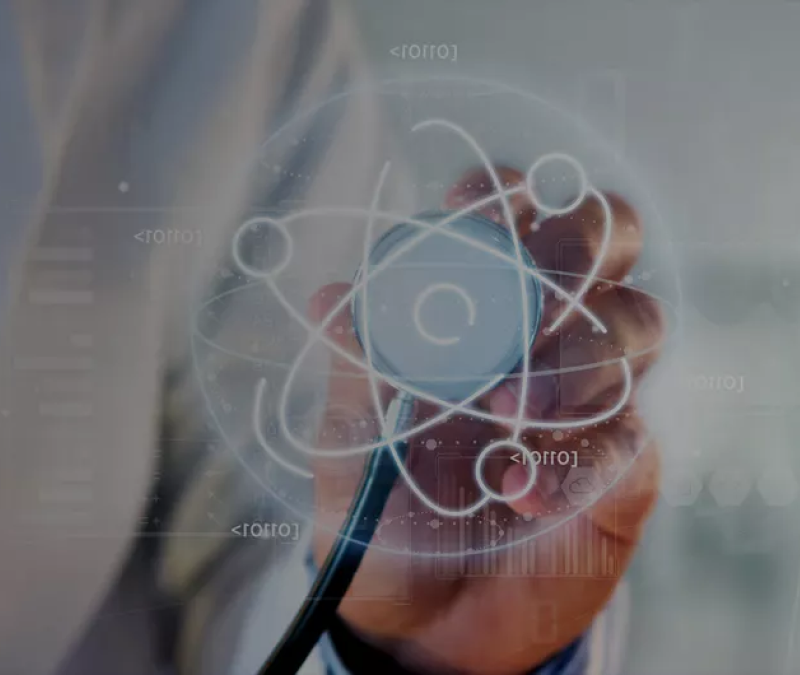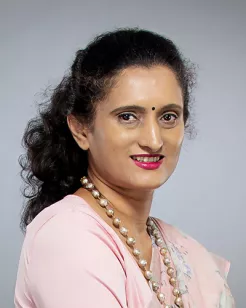Nuclear medicine, a sophisticated and technically precise method of diagnostics and therapy, that involves giving a patient a small amount of radioactive medication, called a radiopharmaceutical. This makes the body slightly radioactive for a short time. A special nuclear medicine camera detects the radiation, which is emitted (released) from the body and takes images or pictures of how the inside of the body is working. Many different organs can be imaged depending on the type of radioactive medication used. The radioactive medication is most commonly injected into the bloodstream through a vein.
It helps to determine the severity or to treat a variety of diseases, including many types of cancers, heart disease, gastrointestinal, endocrine, neurological disorders and other abnormalities within the body. Because nuclear medicine procedures are able to pinpoint molecular activity within the body, they offer the potential to identify the disease in its earliest stages as well as a patient’s immediate response to therapeutic interventions.
With the help of nuclear medicine and molecular imaging, scientists and healthcare providers are:
gaining a better understanding of the pathways of disease
quickly assessing new drugs
improving the selection of therapy
monitoring patient response to treatment
finding new ways to identify individuals at risk for a disease.
Nuclear medicine and molecular imaging are integral to the care of patients with cancer, heart disease, and brain disorders:
Lymphoma and esophageal, colon and lung cancer are just a few of the many types of cancer for which nuclear and molecular imaging can truly change the direction and outcome of patient care.
Nuclear medicine—through myocardial perfusion imaging—offers a very accurate test for diagnosing coronary artery disease in patients who may be at risk for a heart attack.
In addition to helping physicians diagnose dementia, nuclear imaging now offers imaging agents that successfully identify early changes in the brain associated with Alzheimer’s disease.
Our Doctors
We have some of the best specialists from around the world, they bring years of experience and offer evidence-based treatment to ensure the best care for you.





